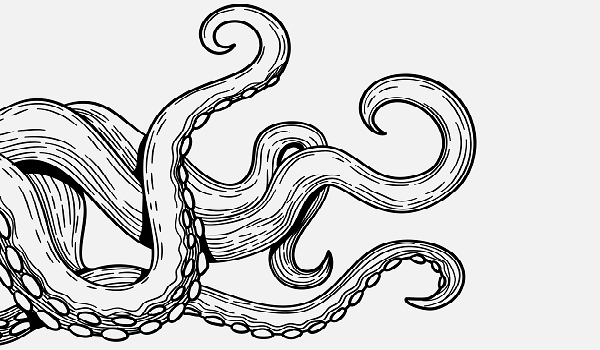


PORT HARCOURT, NIGERIA - Since its inception, the entire concept of artificial intelligence (AI) can more or less be summed up as a computer model or system that could potentially be smarter than humans. The failure of this agenda turned AI into a system that can efficiently replicate or mimic human intelligence and, in rare instances, outperform and act smarter than humans. Though AI is currently one of today’s hottest topics and is always at or near the top in terms of recent tech trends, it is not actually a new notion: It has been in existence since 1955.
AI’s explosive development and rapid advancement in the last five years in particular have piqued society’s curiosity. Virtually everyone in today’s society has had something to say about AI. For ordinary people, AI may someday manifest itself as an errand robot for homemakers, a schoolteacher for college students, or maybe a housekeeper, mainly because it appears to be the magical concept of a cloned intelligent being that will eventually replace humans. According to many AI analysts, this curiosity may signify that AI will someday rule the world. However, even if it does come to represent the easy, super-convenient future people have always desired, it is unlikely ever to be able to fully replace human judgment and intelligence.
Conversational AI, language translators, and image and voice recognition systems are all notable examples of AI that hold the promise of addressing some of society’s most pressing issues. To put it another way, humanity’s digital decision-making future, production decisions, inter-lingual relationships and inter-country collaboration are all closely intertwined with the convenience AI brings.
Hurdling the hype
The content herein is subject to copyright by The Yuan. All rights reserved. The content of the services is owned or licensed to The Yuan. Such content from The Yuan may be shared and reprinted but must clearly identify The Yuan as its original source. Content from a third-party copyright holder identified in the copyright notice contained in such third party’s content appearing in The Yuan must likewise be clearly labeled as such.
 Continue with Linkedin
Continue with Linkedin
 Continue with Google
Continue with Google







 1427 views
1427 views










